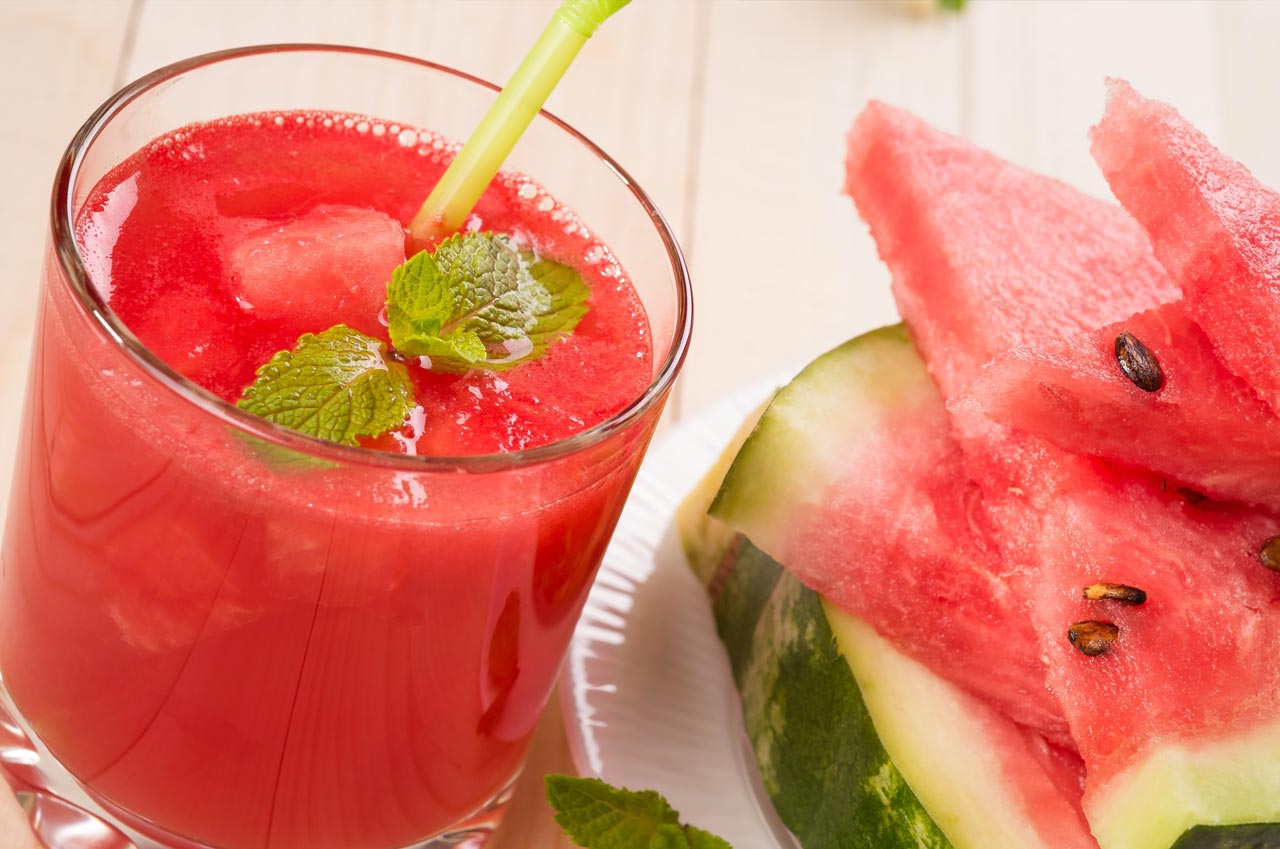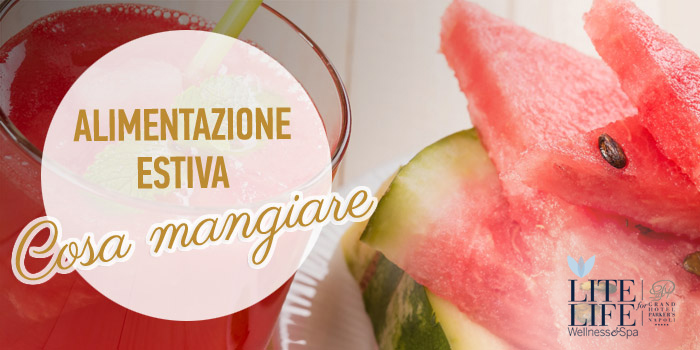

Summer is the season when it is most important to keep your body hydrated and help it achieve and maintain the balance that regulates body temperature.
With the scorching heat, muggy days, and high humidity levels that make the temperature feel even hotter, it is necessary to preserve ourselves and also pay close attention to the food we eat.
In fact, an adequate diet will help combat the heat and replenish the liquids and mineral salts that are lost through sweating.
It is essential to bear in mind that we lose much more fluid than usual through perspiration, so we should aim for foods with a high water content.
Not all foods are suitable, however. There are foods that cool you down and those that make you feel even hotter, so you need to make a careful selection and prepare for summer in terms of nutrition as well. To make sure you follow the right refreshing diet, you can also consult our qualified nutritionists and dieticians who will be able to define the correct diet for the summer.
In this article, we recommend some of the foods you should not give up in order to survive the summer sultriness and those you should avoid if you do not want to raise your body temperature further.
Foods that cool you down
Cucumbers: these are among the most refreshing foods because they contain a lot of water and are great for fighting thirst. Perfect when prepared in a salad with a little oil and salt.
Watermelon: mostly composed of water, this fruit not only quenches thirst and keeps the body temperature down, but also calms hunger thanks to its high sugar content.
Apricots: among the best foods to eat to get through the summer, it not only contains water, but is rich in minerals such as magnesium, calcium and phosphorus and has high amounts of vitamin A. Especially recommended for women and children because it helps transport iron.
Chives: its flowers are rich in minerals and vitamins and it has depurative, antiseptic and digestive properties. It should be eaten raw to make the most of its qualities.
Green leafy vegetables: arm yourself with spinach, broccoli and cabbage and make lots of salads. These foods are rich in calcium and help with thermoregulation.
Whole-grain cereals: almost all of them contain high amounts of magnesium, which helps maintain a constant body temperature. We especially recommend barley, spelt, buckwheat, quinoa, rye.
Warming foods
Alcoholic drinks: although cold, they only give the sensation of quenching thirst, but in reality they contribute to dehydration. They are vasodilators, so they swell the veins and heat the skin, amplifying the sensation of heat. They are very caloric and prevent heat loss.
Sausages: with high amounts of salt, they are contraindicated because sodium retains liquids and increases the swelling of the body.
Matured cheeses: caloric and also with high


